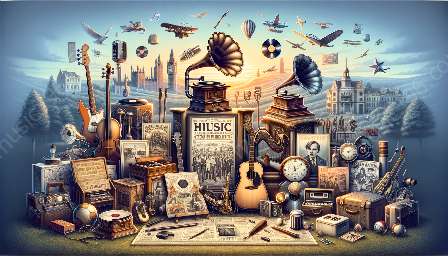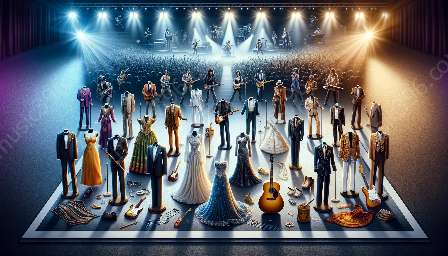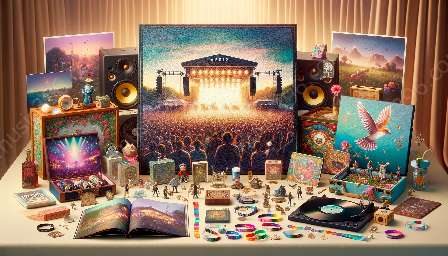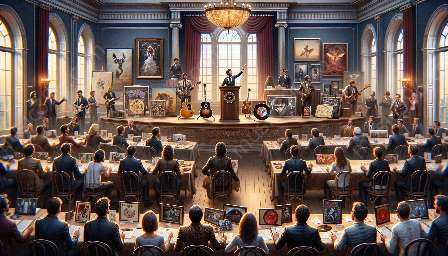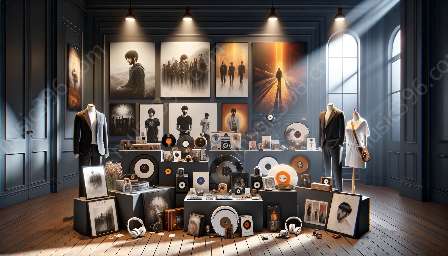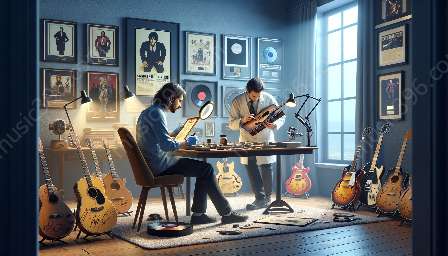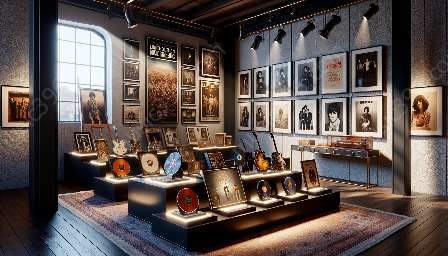In the digital age, the market for music autographs and memorabilia has undergone significant transformations, influenced by technological advancements, online platforms, and the challenges of detecting forgery. The intersection of music art, memorabilia, and forgery detection has reshaped the industry, creating both opportunities and complexities.
Digital Impact on the Market for Music Autographs
With the rise of digital platforms and online marketplaces, the accessibility of music autographs has expanded exponentially. Fans and collectors now have the ability to browse and purchase autographed items from around the world, leading to a broader and more diverse market. Additionally, digital signatures and authentication services have emerged, providing a new layer of security and trust for buyers.
Challenges of Forged Memorabilia in the Digital Age
While digital technologies have facilitated access to music memorabilia, they have also created new challenges in detecting forgeries. The ease of sharing and replicating images online has made it easier for counterfeiters to create convincing fake autographs and memorabilia. As a result, the market has become saturated with fraudulent items, posing significant risks for both collectors and sellers.
Adapting to the Digital Landscape
Music art and memorabilia experts have embraced digital tools and technologies to combat forgery and ensure authenticity. Advanced imaging techniques, such as spectral analysis and digital watermarking, have been employed to verify the legitimacy of autographs and artworks. Moreover, blockchain technology has been implemented to create immutable records of provenance and ownership, adding transparency to the market.
Evolution of Forgery Detection in the Music Industry
As the market continues to grapple with the proliferation of forged memorabilia, the music industry has turned to sophisticated forgery detection methods. Forensic document examiners and specialized authentication experts have become invaluable assets in identifying counterfeit autographs and scrutinizing the details of music memorabilia. By leveraging cutting-edge analysis and comparison techniques, these professionals can identify subtle discrepancies that may elude untrained eyes.
The Role of Online Platforms and Marketplaces
Online platforms have emerged as influential players in the landscape of music autographs and memorabilia. E-commerce sites and dedicated collectibles marketplaces have revolutionized the buying and selling experience, offering a global reach and an extensive array of items. However, these platforms also face the challenge of policing counterfeit products and ensuring the integrity of the market.
Building Trust and Confidence
Building trust between sellers and buyers has become paramount in the digital age. Established dealers and authenticators have leveraged their reputations and expertise to instill confidence in the authenticity of music autographs and memorabilia. Additionally, educational resources and awareness campaigns have sought to empower collectors with the knowledge to discern authentic pieces from forgeries.
The Future of Music Autographs and Memorabilia
As technology continues to evolve, the market for music autographs and memorabilia will undergo further transformations. Innovations in authentication methods, enhanced digital provenance tracking, and advancements in image recognition technology are poised to reshape the industry, offering new layers of security and transparency. Moreover, the intersection of music art, memorabilia, and forgery detection will continue to drive advancements in safeguarding the integrity of the market.



